Leading change
A conqueror who has overcome the odds
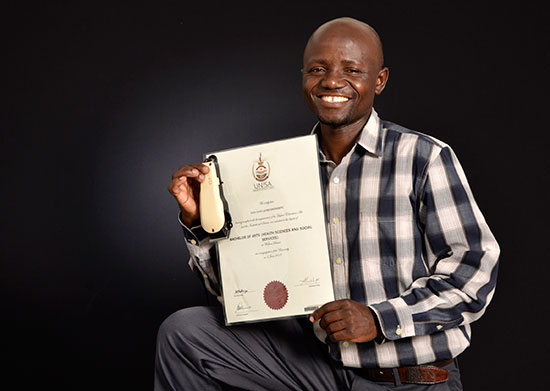
Ally G Mweni has proven he is a cut above the rest after overcoming many life challenges. Today he stands tall and proud after receiving his BA in Health Sciences and Social Services from Unisa.
A conqueror who has overcome the odds—and now the holder of a BA in Health Sciences and Social Services! Ally G Mweni is living proof that grit, determination, and hard work can overcome the direst of circumstances.
One doesn’t have to look far to uncover evidence of some of the incredible journeys that students and graduates at Unisa have had to take in their quest to study and to achieve their qualifications. One of these against-all-odds journeys is that of the student who recently shared his story with Unisa.
For Ally, life truly has been a journey. He was born in 1987 in Kizimia, a village on Lake Tanganyika in the Democratic Republic of Congo (DRC). Lake Tanganyika divides the DRC and the Republic of Tanzania and Kizimia has a long history of being drawn into the ongoing civil unrest in the so-called Zone de Fizi. By 1996, shortly after Ally had begun his grade 3 year, war was again a reality in the area. He remembers with great sadness how the village turned into a waypoint for his dispossessed countrymen and how the streets filled with people who had had to leave everything behind as they fled for their lives. The desperate and the hungry seemed to be everywhere, many reduced to begging for food as the prices in the markets climbed ever higher.
Ally’s father had been exposed to war previously. He was watching the situation closely and, as the fighting escalated, came to the conclusion that there was only one way to save his family: They would have to flee the country as refugees. After a family meeting, the decision was taken to book them a passage by boat to Tanzania. Ally describes the day of the trip. “The boat was full before all of us could board. My father’s solution was to send the youngsters on alone, but to keep me with him.” Ally couldn’t bear to see his siblings go alone, though. “As the boat sailed, I threw myself into the lake and swam as fast as I could until I was able to board.”
The crossing was rough. Halfway across the lake, a powerful storm arose, bringing huge waves and driving rain. To save the boat, the passengers started throwing their possessions overboard. The Captain managed to divert the boat to the port of Kagongo. They were safe, but Kagongo had no facilities for refugees. It was a month before the children heard that their parents had also escaped the DRC and were also in Tanzania—in a city called Karago. “My father came for me; he loved me dearly and had desperately wanted me to remain with him when he couldn’t get on the boat in Kizimia,” says Ally.
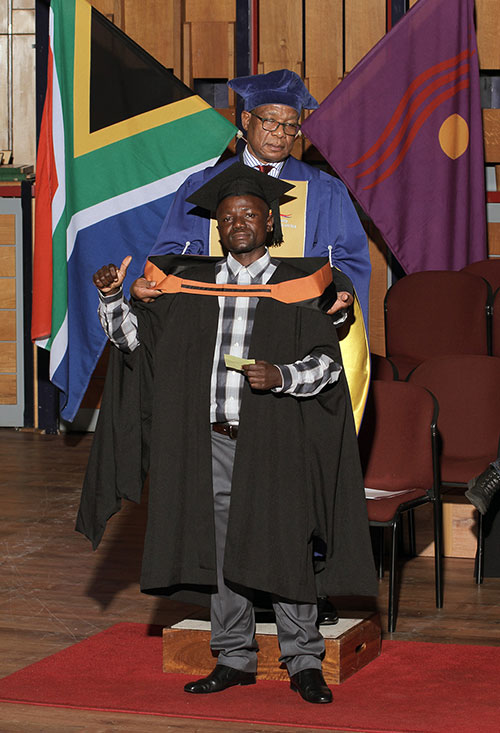
Being a Unisa graduate was once a dream for Ally, today it is a reality.
Life was hard for Ally in Karago, but things improved after five months with a move to a refugee transit camp followed by admission to a permanent refugee camp in Nyarugusu. Though he’d lost a year of schooling, Ally registered to start grade 3 again in the camp where primary schooling for the refugees was funded by the United Nations Children’s Fund. With time and hard work, he graduated from primary school with excellent marks. However, it seemed that Ally had hit a roadblock. “Secondary schooling wasn’t free,” says Ally. “My parents were unemployed and the UNHCR food depots often had little or no food.”
Undaunted, Ally “took a chance” and registered for secondary school. Walking through the camp and wondering how he would pay for his education, Ally quickly realised that most of his fellow refugees were using tents that were old and torn. He hit upon the idea of going into the bush and cutting straw to sell to them! He also drew inspiration from a young man he saw selling paraffin and knew he could do the same. Despite the problems those around him foresaw, his straw-cutting business raised enough capital in three months to launch him in his paraffin business and in this way he funded his first and second years at secondary school and managed to clothe himself too. It wasn’t all plain sailing. At one point he had to sell his clothes to buy paraffin stock, but it was a sacrifice he knew he must make.
Despite his parents returning to the DRC at the end of his grade 11 year, Ally was determined to achieve his matric. With the help of his uncles, he did so—so well that his own high school employed him as a teacher. A year later, however, Ally knew he had to find a way to further his education. With the help of his eldest brother, he left the camp and embarked on a gruelling, month-long journey through Zambia, Malawi, Mozambique and Zimbabwe—his destination, South Africa. Once more he was a refugee, though, in South Africa, there are no refugee camps.
His achievements in his new country are the stuff of legends. He started out as a car guard, taught himself English, and then used his meagre savings to open a street-corner hair salon. Ally says that, in a way, this made him truly sad as he had gone from being a teacher to being a hawker. But he was undaunted and kept seeking ways to further his education. English classes at a refugee training centre brought him his English competency certificate within six months and he registered to study social work at Unisa, a path that had always inspired him, hoping that the United Nations Refugee Agency would grant him study funding. Sadly, the funding was turned down, but Ally knew he couldn’t turn back then. With just R2 000 in the bank, he knew that hard work in his little salon would have to see him through. True to form, he passed all three of his first-year modules with distinction.
It would be misleading to say that the next few years were easy and Ally ran into many challenges—among them, permit problems that caused him to miss his second-year examinations, a severe lack of funds ahead of his third year, the loss of his rented home at short notice, the Pretoria Metro Police cracking down on roadside businesses, and, in his final year, being robbed, beaten, and left for dead. Ally decided that each setback was just another challenge to be faced and told himself that he would overcome all obstacles. The bad was balanced with good, though. A fellow student paid for Ally to continue with one module in midst of his financial worries, asking nothing in return. A year later, his pastor agreed to lend him the funds he needed to complete his five compulsory third-year Social Welfare modules. Ally decided that he had to see each obstacle as one more challenge to be faced. “I persevered,” he says, “and I am now the proud holder of a Bachelor of Arts degree in Health Sciences and Social Services, specialising in Social Welfare.”
“For my future,” he continues, “it is extremely important for me to find a way to work with refugees from anywhere in the world. I speak French, English, and Swahili and I am available to any person or company in need of a fit, passionate, qualified person ready to work with the vulnerable.
*Edited by Nancy-Anne Anderson
Publish date: 2017-11-20 00:00:00.0


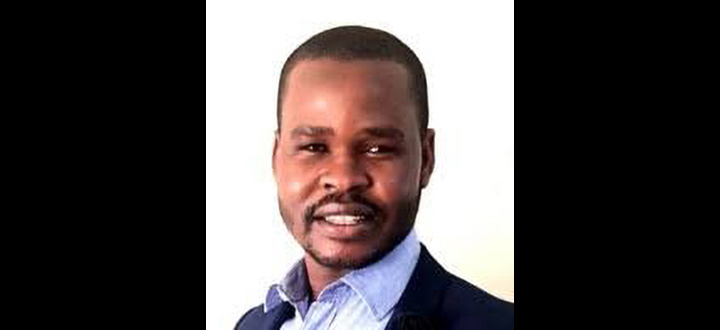 Mental health among men in the workplace needs more attention
Mental health among men in the workplace needs more attention
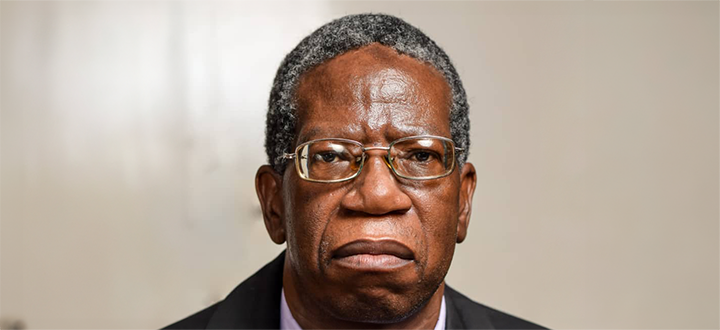 "I owe everything to Unisa and my late supervisor's priceless mentoring"
"I owe everything to Unisa and my late supervisor's priceless mentoring"
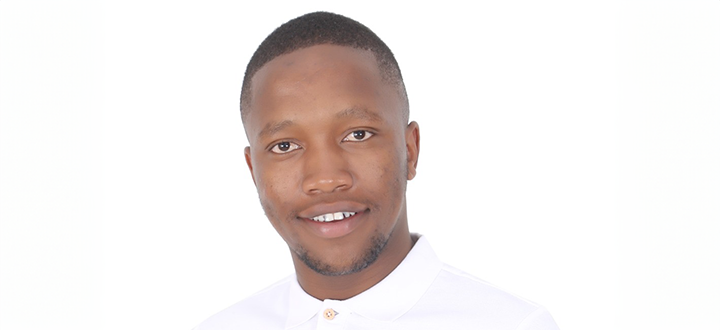 Majikijela - a queer scholar raising homosexuality awareness through his work
Majikijela - a queer scholar raising homosexuality awareness through his work
 Unisa and Inqaba Biotec unveil groundbreaking DNA research platform
Unisa and Inqaba Biotec unveil groundbreaking DNA research platform
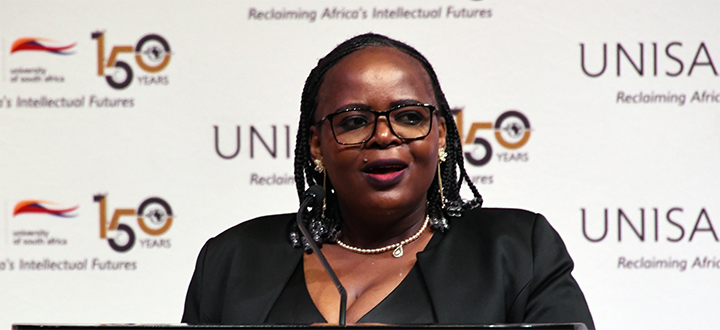 College of Law appoints esteemed scholar as executive dean
College of Law appoints esteemed scholar as executive dean